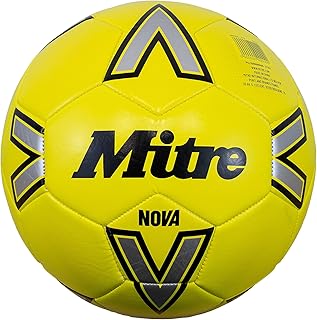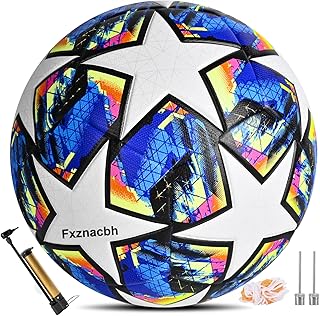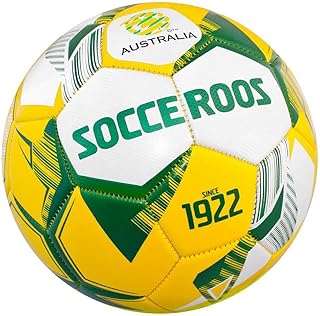In Papua New Guinea, the football community is abuzz as the incumbent John Kapi Natto is poised to continue leading the PNG FA for another four years. This decision comes on the eve of the Kapuls’ crucial World Cup qualifier against Fiji in Port Moresby. The football club presidents are gathering to deliberate on the leadership of the PNG FA, yet it appears that Natto will remain unchallenged in his position.
Despite criticisms leveled at Natto due to poor performances of PNG’s national teams and concerns over league organization and developmental pathways, no viable challenger has emerged. Notably, figures like Roy Kamen, President of Lae FA, and Joseph Ealedona, former national men’s team manager, had been expected to contest the presidency but have faced obstacles in their pursuits.
As the football landscape in Papua New Guinea navigates through this period of leadership stability, the broader context of governance within sports associations emerges as a crucial aspect. The lack of opposition to Natto’s presidency raises questions about the state of dissent and democratic processes within the PNG FA.
Amidst these developments, the upcoming annual meeting of the PNG FA holds significant implications for the future direction of football in the country. The decision to allow Natto to continue at the helm without a vote underscores the current dynamics and power structures within the organization.
Moreover, the challenges faced by potential contenders shed light on the complexities of leadership transitions and internal politics within sporting bodies. The thwarted attempts by Kamen and Ealedona to challenge Natto highlight the intricacies of power struggles and competing interests in football administration.
Looking beyond the immediate circumstances, the re-election of Natto for another term could have far-reaching consequences for the development of football in Papua New Guinea. It raises questions about the potential for reform, accountability, and innovation within the PNG FA under continued leadership.
Ultimately, the decision to maintain the status quo in leadership positions within sporting organizations like the PNG FA reflects broader trends in governance and management practices in the sports industry. The ability of incumbents to retain power uncontested speaks to the need for greater transparency, inclusivity, and democratic processes in sports administration.
As the football community in Papua New Guinea awaits the outcome of the annual meeting, the implications of Natto’s unchallenged presidency reverberate through the sporting landscape, prompting reflections on the state of governance, accountability, and leadership in football associations.
📰 Related Articles
- iDream Interactive’s Runeborn Set to Revolutionize Gaming Landscape
- Young Harness Racing Sensation Harrison Orange Set for AYDC
- Xerox Set to Acquire Lexmark in Revised Deal Valuation
- Wowcher Offers £700 Discount on Nine-Seater Garden Furniture Set
- Within Temptation Set for Debut Australian Tour at Knotfest






